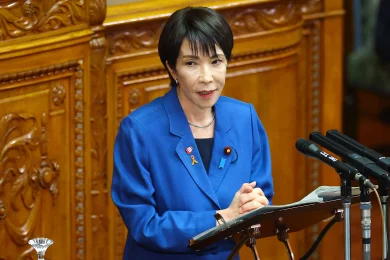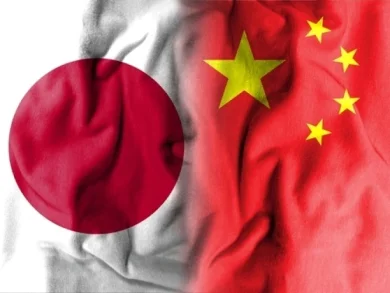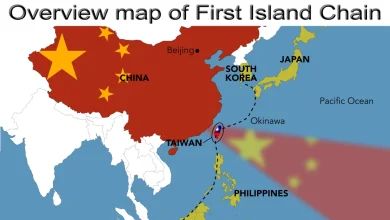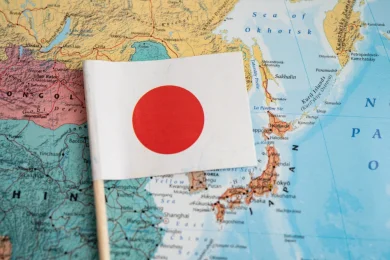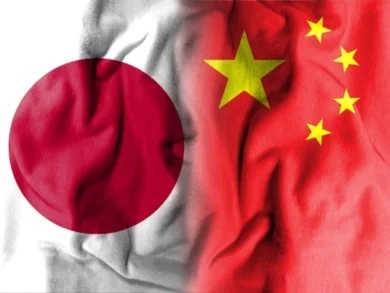12 November 17:30
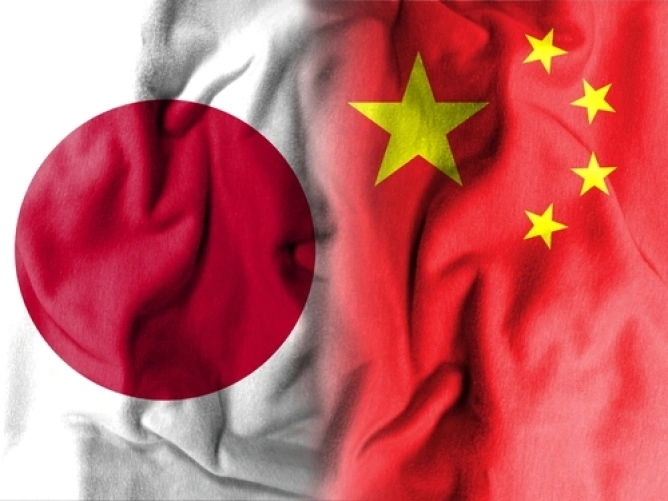
International
sursa foto: shutterstock.com
In the last week, tensions between China and Japan have intensified, triggered by comments from Japanese Prime Minister Sanae Takaichi, who stated that Japan could respond militarily if China were to attack Taiwan. Her statements sparked protests from the foreign ministries of both countries, with Beijing deeming them "flagrant." Takaichi explained that, in accordance with Japanese law, a military threat against Taiwan could justify the activation of Japan's self-defense forces.
Beijing reacted vehemently, and the Chinese consul in Osaka made provocative comments that were criticized by Japanese officials. Takaichi refused to retract her statements, emphasizing that they reflect the traditional position of the Japanese government, but promised to be more cautious in the future.
Relations between the two countries are marked by a long history of animosity, and Takaichi's recent comments suggest a shift in Japan's policy towards Taiwan, moving away from traditional strategic ambiguity. China has warned that it will not tolerate foreign interference in the Taiwan issue, emphasizing that the island is an integral part of its territory. This escalation of tensions could have significant implications for regional security.
Beijing reacted vehemently, and the Chinese consul in Osaka made provocative comments that were criticized by Japanese officials. Takaichi refused to retract her statements, emphasizing that they reflect the traditional position of the Japanese government, but promised to be more cautious in the future.
Relations between the two countries are marked by a long history of animosity, and Takaichi's recent comments suggest a shift in Japan's policy towards Taiwan, moving away from traditional strategic ambiguity. China has warned that it will not tolerate foreign interference in the Taiwan issue, emphasizing that the island is an integral part of its territory. This escalation of tensions could have significant implications for regional security.


